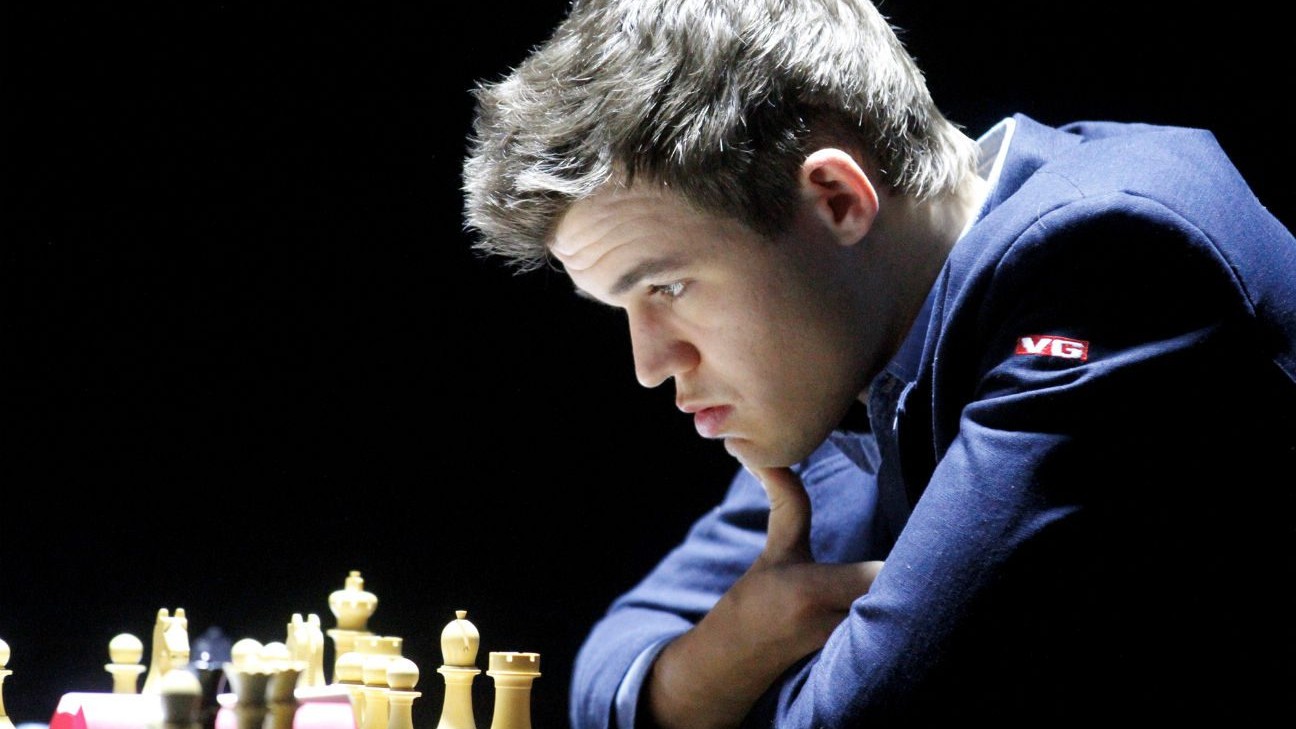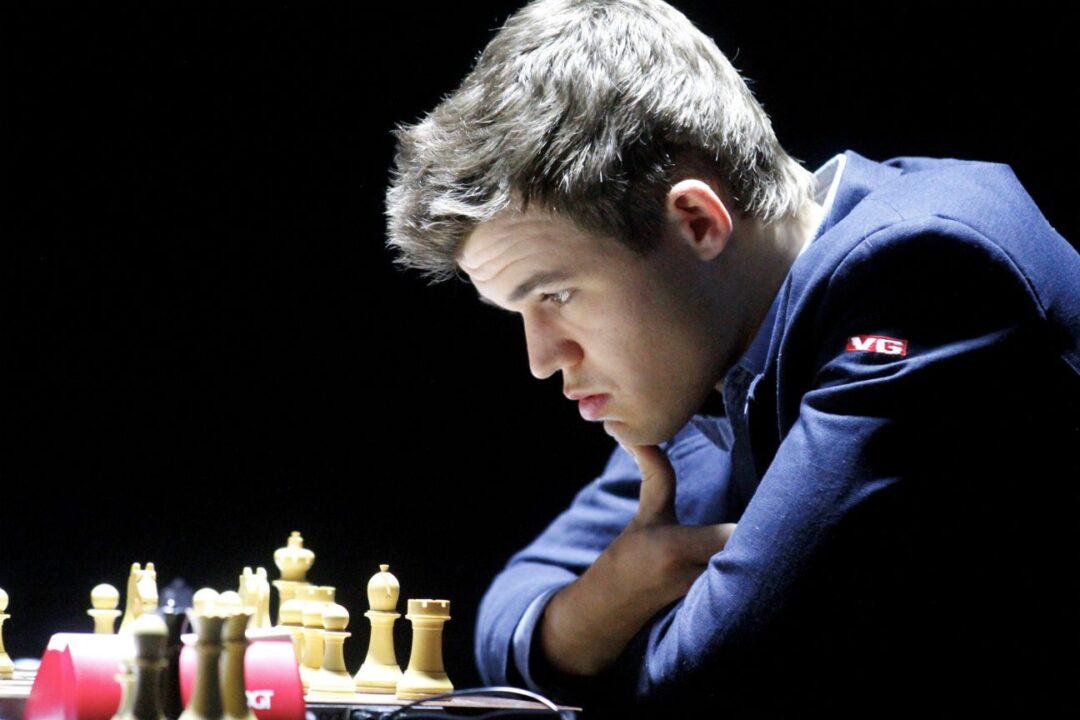I don’t expect to have even a sliver of the chess knowledge that Magnus has by the end of the film, however, I would much rather watch his games and feel suspense instead of having to wait to be told the answer.
Entering the world of another person’s experience is the gift of a documentary; with billions of people on the planet, there are experiences we will never know or have because they are so different than our own upbringing, and yet watching documentaries is an approachable way to enter another stratosphere. “Magnus,” following Norwegian chess grandmaster Magnus Carlsen, is one that falls into a wonderful subgenre of docs featuring competitions unfamiliar to outsiders.
These kinds of documentaries can take two directions. The first is that they are made exclusively for those inside the world, and can dive deep into the subject relying on the viewership being already schooled on the subject. Or alternatively, they can serve as an invitation to the outsider, and take someone with less experience and show them how exciting this foreign world is, and by the end of the duration give them something to root for. While both serve purposes in different settings, the latter is generally the more successful documentary that earns accolades amongst critics and viewers alike.
“Magnus,” unfortunately, is neither such type and therefore suffers tremendously. First, to a chess insider, the storyline is too basic and surface level to draw much interest. Chess is an insanely complex sport with billions of potential moves, and we’re reminded of its complexity throughout the film but no attempt is made to show it, it is simply told to us. How about for outsiders to the game? Perhaps more egregious is that no effort is made to raise the stakes of any of the games that Magnus plays on his journey. We’re never given any sense of what is going on, and so the only thing to do is wait until the announcer says whether the game is a draw or if he won or lost. Comparable documentaries are successful in building suspense and emotional investment when they clue the viewers into what’s happening. An argument could be made that the games in “Magnus” are too long and complex for this to be possible (personally, I would’ve been more interested in a documentary examining one very intense chess game than glossing over a dozen without any explanation). This film may inspire chess players in the same way we’re told Magnus has inspired young people who are familiar with him, however, I would need to go home and read more about Magnus in order to be inspired by his prowess.
Eagle-eyed readers may remember that I made a very similar critique of the last chess film I saw, “Pawn Sacrifice.” In that film as well, no attempt is made to clue the audience into any of the games of chess shown. Both films briefly show fancy graphics making seemingly meaningless gestures over the game board. All that does is alienate the viewer further. I don’t expect to have even a sliver of the chess knowledge that Magnus has by the end of the film, however, I would much rather watch his games and feel suspense instead of having to wait to be told the answer. The lack of effort in making the chess games interesting makes a documentary focused entirely on the game practically unwatchable.
A counter-point would be that the film is intended to be about Magnus himself beyond the game. Thanks to a good supply of archival footage, there is an attempt to show his upbringing and family life. Yet the movie falls into the same problem: we’re told in interviews about how Magnus was an outsider or is bullied, and yet visually there is little to engage these messages. Even from a young age, it’s clear he is destined to be a savant, yet the transformation to chess master feels madly rushed from humbly playing at home, to being ranked in the top 1,000 and taking on the #1 player. I’m told multiple times he is the Mozart of chess, and yet without concrete reasons as to why he plays so well, it’s lost on the viewer.
There is plenty of emotional potential in any film focused on competition at the top level. This is why sports documentaries and even narrative films can engage viewers regardless of if they know the outcome. I would’ve liked to finish the film having extreme admiration for the accomplishments of this clearly brilliant individual, and yet the lack of insight into his world left me cold. By being unwelcoming to the outsider and uninteresting to the insider, Magnus does a major disservice to the brilliant young man for whom it takes its name.
“Magnus” is not rated. 78 minutes. Now playing at the Laemmle Music Hall and streaming on VOD.
H. Nelson Tracey
Nelson is a film director and editor from Denver based in Los Angeles. In addition to writing for Cinemacy, he has worked on multiple high profile documentaries and curates the YouTube channel "Hint of Film." You can check out more of his work at his website, hnelsontracey.com


